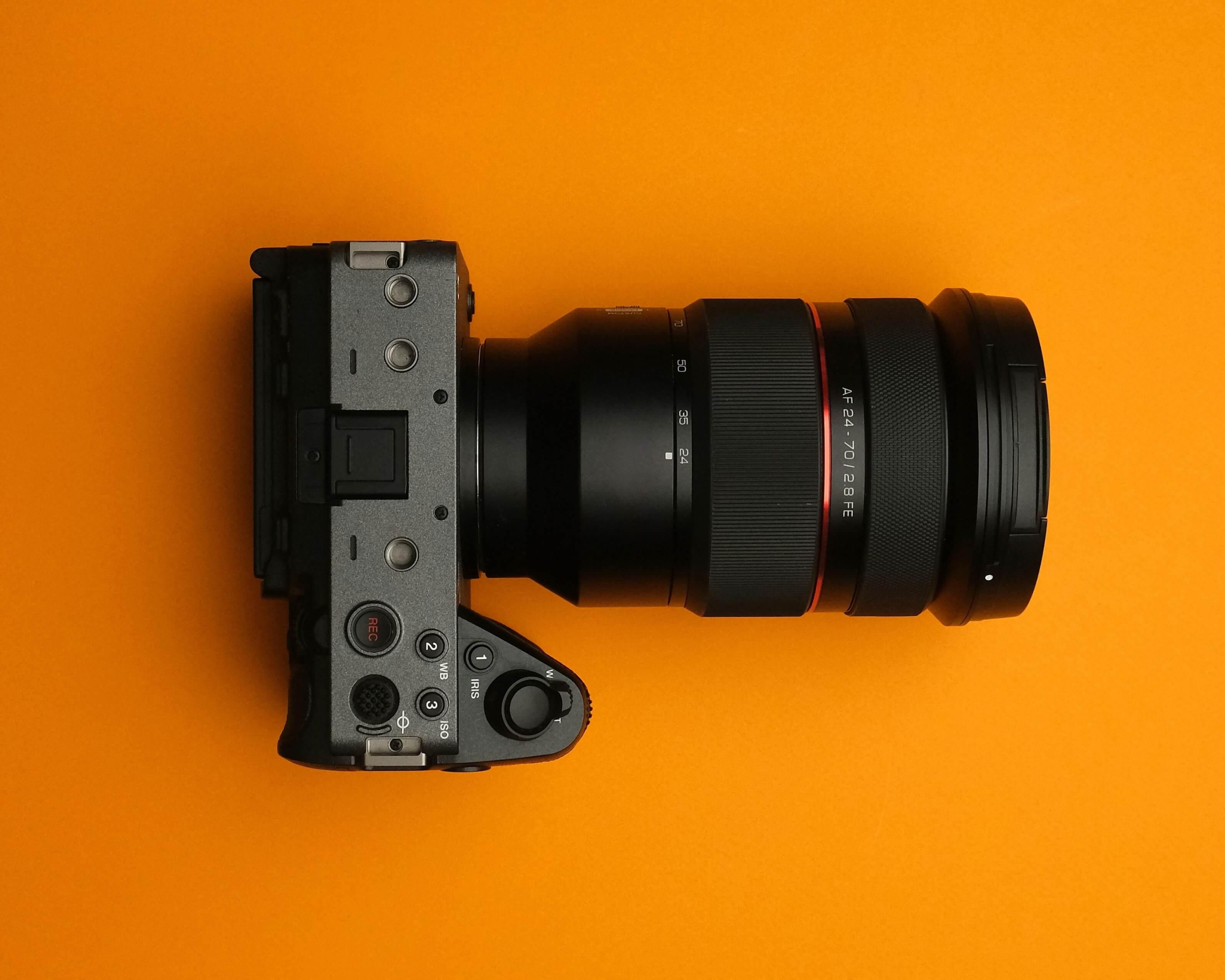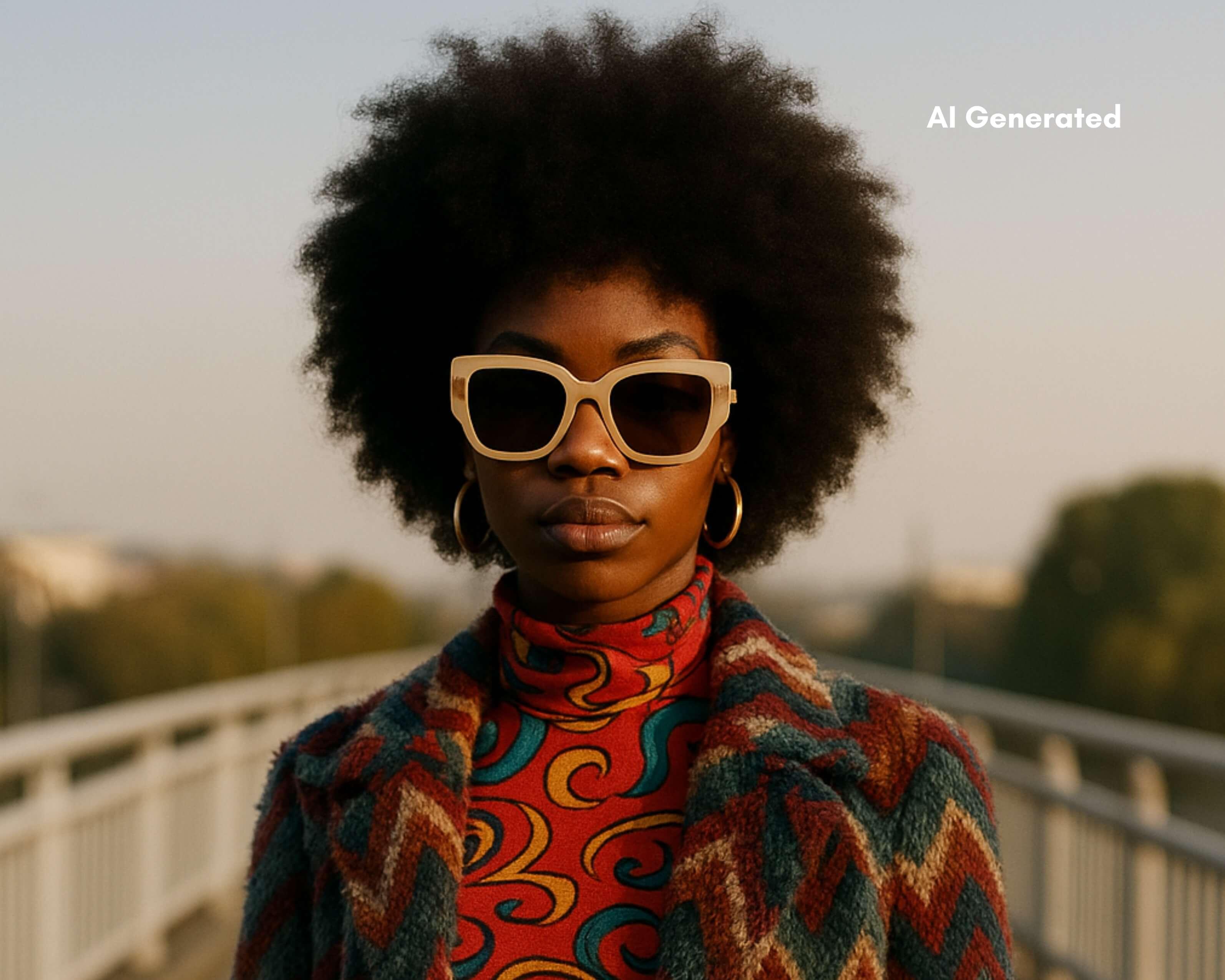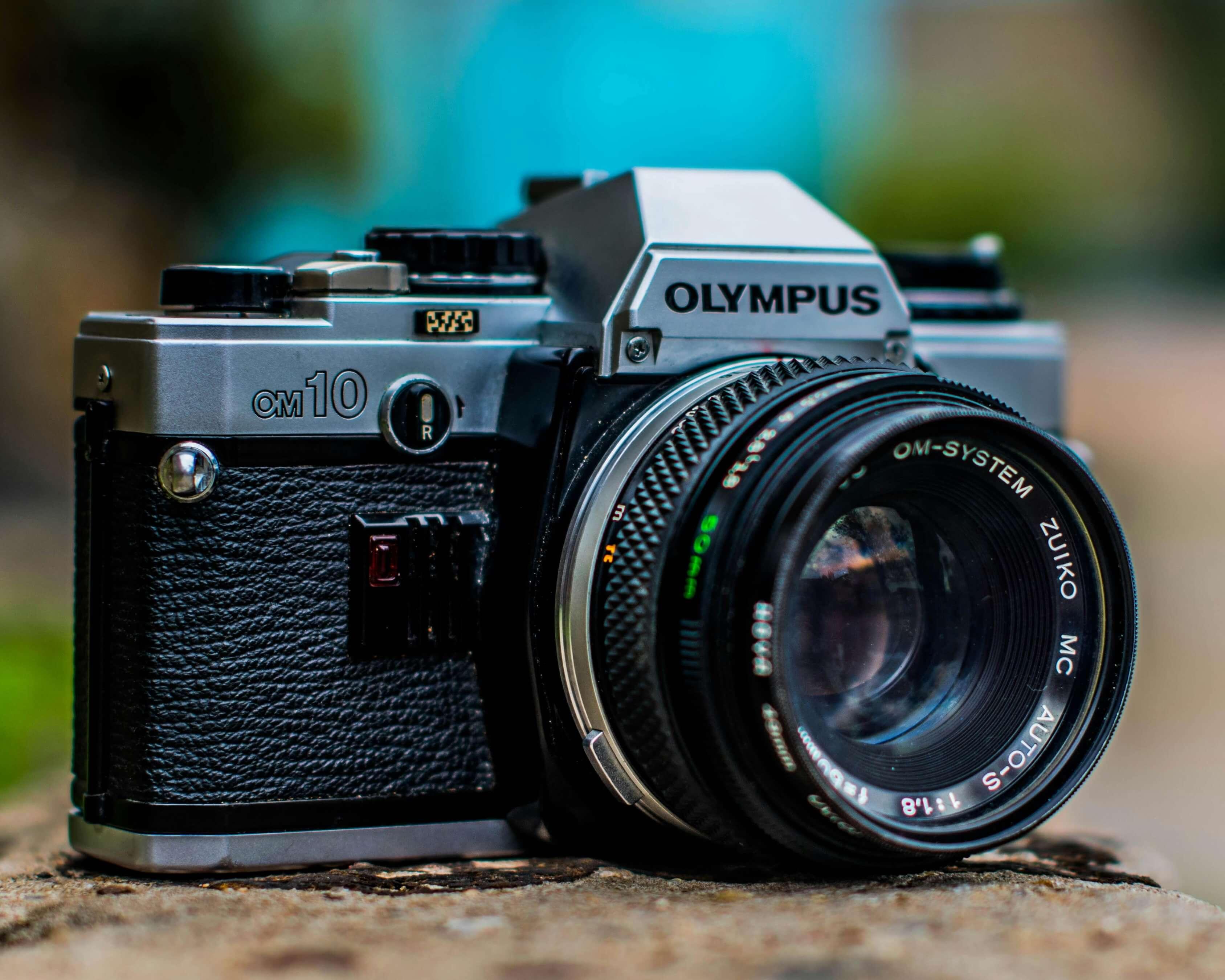DSLR vs Mirrorless: A Photographer’s Personal Perspective
Yvan Cohen
Tue Jun 03 2025

Photo by Cemrecan Yurtman
With or without a mirror - that is the question.
Not an existential question, granted. Banal, perhaps, in the grander scheme of things. But nevertheless, a question many a photographer has surely asked themselves as they look fondly upon their trusty DSLR, as they ponder the merits of going mirrorless.
As a ‘veteran’ (with some 4 decades of photography behind me) who has travelled the well-trodden technological path that has seen us rocket from the plodding reliability of film cameras, into the helter-skelter universe of digital photography, I know a thing or two about these technological conundrums.
The nostalgia of film cameras
Indeed, it is with a degree of rose-tinted nostalgia that I look back upon the analogue era, when one bantered with colleagues about how many times we could drop a Nikon FM2 before it actually broke (not that we ever deliberately tested our theories).
Or exchanged tales of getting cameras repaired in dodgy-looking stores in far-flung locations. Sometimes it was a case of tightening the odd screw, replacing a spring here or there, or literally hammering something back into shape.
The point, I suppose, is that analogue cameras were tools whose inner workings could be seen and understood (dismantled and re-assembled) by mere mortals (meaning by bespectacled geeks in modest repair shops).
Their digital counterparts, by contrast, are jammed with chips and circuitry that only an approved service agent can either replace or repair. By virtue of their fragility, complexity and ever-looming technological obsolescence digital cameras feel more like a disposable good than cherished tools of one’s trade. And you can usually drop them just the once…
But enough of the misty-eyed veteran talk, and on to the question at hand: to shoot with a mirrorless or not to shoot with a mirrorless?
First off, this clearly isn’t a binary choice. Both systems work just fine although there are some obvious pros and cons worth mentioning. Let’s be clear, you can take just as great a picture with a DSLR as you can with a mirrorless camera. The quality of your photography, is largely down to you and not your camera.
 Photo by Corentin HENRY
Photo by Corentin HENRY
DSLRs allow you to see the world as it actually is
With that said, I feel there is a certain purity to photographing with a DSLR, since you’re looking directly through actual glass, your eye is capturing and responding to real light. You are seeing the world exactly as it is (or very nearly), through the lens of your camera.
If the raw material of photography is light itself, then, clearly one’s ability to compose images while working with actual light (as opposed to the electronic rendition of it you’ll get through a mirrorless viewfinder) is a beautiful thing.
It brings you one step closer to the simplicity of analogue photography, where most professional cameras (except rangefinder models like Leica’s M series) were single lens reflex (SLR) – meaning they used a mirror to reflect light passing through the lens and into your eye.
DSLRs can be heavy and are much noisier than mirrorless cameras
Ask any photographer, professional or amateur, and they’ll always get round to the inconvenience of heavy gear.
This is where DSLRs lose much of their allure.
Because of the space needed to house the mirror in a DSLR, they are almost always bigger than mirrorless cameras, which usually means they are heavier too. Bulky and heavy are not features that endear a camera to most photographers.
Add to this the fact that DSLRs make a pronounced clicking sound when the mirror rises and falls at the moment of taking a picture, and you have a system that is bulkier, heavier, and louder than its mirrorless counterpart.
If you’re working in a studio, these are factors that won’t matter. If a camera sits on a tripod, its weight and form are immaterial. In most controlled environments, except film sets, the sound of a camera shutter isn’t a problem either.
If you’re shooting wildlife, street, or candid photography, however, the sound of a shutter going off can disrupt a scene, destroy a moment, and draw unwanted attention. For photojournalists in particular, the heft and clatter of a DSLR can make it much less attractive than mirrorless alternatives.
 How mirrorless cameras differ from DSLR cameras. Images by Canon Global
How mirrorless cameras differ from DSLR cameras. Images by Canon Global
Mirrorless cameras draw you into an all-electronic world
As ‘veterans’ like myself are inclined to do, I’ve already crowed about the virtues of composing with natural light. However, I feel there is a downside to the electronic viewfinders found in all mirrorless systems (although some do have optical alternatives like the Fuji 100 series which is styled on classic rangefinder system).
Why? Because you’re making pictures while looking at an electronic video feed of the world. What you are seeing is not real or natural.
For a long time, I resisted photographing with a mirrorless camera for this very reason. I felt too far removed from natural light.
“You’ll get used to it,” my photographer friends told me.
And sure enough, after a more concerted trial period (with a Sony full-frame mirrorless camera), they were proven right. I am getting used to understanding the photographic possibilities of seeing the world digitally. And I’m enjoying the freedom a much smaller mirrorless camera gives me – at least in terms of feeling able to take a camera with me more often.
The silent genius of mirrorless cameras
Ok, genius is maybe an exaggeration, but the fact one can take photographs completely silently is an incredible boon if you’re shooting on the street or candidly. Even if a subject is aware of your camera, they won’t know when you are taking a picture; removing the tension and disruption of a traditional shutter click. The silence of my mirrorless is a liberating thing, especially in a documentary context where the objective is to keep disruption to a minimum.
Is there a quality difference between DSLR and mirrorless cameras?
Size, sound (or lack of it), the viewfinder experience, all these things matter but are nothing compared to the question of image quality.
So, is there a difference in image quality between a DSLR and a mirrorless camera? The obvious answer, of course, is that image quality (we’re talking technical specs and not aesthetics here) is down to the quality of your camera’s sensor and has nothing to do with the presence of a mirror.
For what it’s worth, my ‘veteran’ advice would be to always go full frame – which means choosing a camera with a sensor the same size as traditional film which therefore behaves ‘normally’ (no crop factor) with standard camera lenses. A good rule of thumb is the bigger the sensor, the better the image quality is likely to be.
 Example of an exposed mirrorless camera sensor
Example of an exposed mirrorless camera sensor
One last dusty nitpick about mirrorless cameras
For all their compact and silent convenience, I have noticed that mirrorless cameras are prone to getting dust on the sensor. This is because when you change lenses, the sensor is completely exposed, unlike a DSLR which has a mirror in the way. It’s not a show-stopper but it’s definitely worth bearing in mind. The sensor in a mirrorless seems vulnerable to dust and even potentially to damage. I’m waiting for a solution where we can pull down a cover in front of the sensor before changing lenses, reducing the risk of dust or damage.
In the long run, the DSLR is dead
I suppose finally, one could say that much of this comparison may eventually (sadly) become moot because DSLRs are gradually being replaced by mirrorless cameras – who have won the convenience wars without sacrificing quality. And as you know, few things are regarded today as highly as convenience.
Written by Yvan Cohen | Yvan has been a photojournalist for over 30 years. He's a co-founder of LightRocket and continues to shoot photo and video projects around Southeast Asia.
To read more helpful articles on photography, check out our blog page.
Join our growing photographer community at LightRocket and get powerful archive management and website building tools for free!


